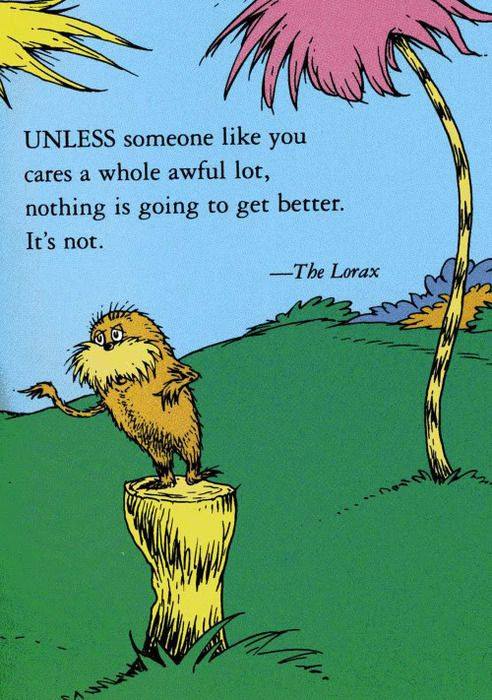PPDB June 2019 SHOUT OUT
Why Advocate?
I remember when I was first groomed to use the word “advocate” as opposed to the word “fight.” It was when my son, Hunter, was very young. I had just started to engage with the educational system and was working to ensure that his educational team had the specific knowledge required to work with a student with both a vision and a hearing impairment. That is when I began to learn that getting what you want is not always about the fight. It is about educating yourself, improving your argument, and getting advice from and joining forces with others.
Advocacy is defined as any action that speaks in favor of, recommends, argues, supports, defends, or pleads on behalf of one’s self or others. There are many types of advocacy.
Self-Advocacy. I knew early on that this was a must. I had an obligation to teach my son how to represent himself and stand up for his own needs.
Peer/Family/Friends Advocacy. When I first started advocating on behalf of Hunter, I looked for peers that had walked this path before me. Initially these were other parents of children with deaf-blindness, but now I also receive support and advice about how to advocate from adults who are deaf-blind. In addition, having the support of family and friends has been crucial for my own well-being. I think this is why I hold so dear to my heart the quote from Helen Keller, “Alone we can do so little; together we can do so much.”
Group Advocacy. Group advocacy happens when our community comes together to work on shared interests and goals and support each other.
Professional or Crisis Advocacy. As families, we may have times when we need to use either legal representation and or another type of paid or non-paid representation on behalf of our cause.
Political Advocacy. Our family can be a voice for action at a political level on behalf of the deaf-blind community.
In addition to advocating for my son, I have made it a point to teach him self-advocacy—to know himself and know what he needs and how to get it. Regardless of whether we have a disability, don’t we all do this as we go through the everyday tasks of life? We must advocate for what we need. If we do not ask, it is easy for others to assume that we do not need.
Patti McGowan
PPDB Board Member
Image: The Lorax on a tree stump with the quote " Unless Someone like you cares a whole awful lot, nothing is going to get better. It's not"
Why Advocate?
I remember when I was first groomed to use the word “advocate” as opposed to the word “fight.” It was when my son, Hunter, was very young. I had just started to engage with the educational system and was working to ensure that his educational team had the specific knowledge required to work with a student with both a vision and a hearing impairment. That is when I began to learn that getting what you want is not always about the fight. It is about educating yourself, improving your argument, and getting advice from and joining forces with others.
Advocacy is defined as any action that speaks in favor of, recommends, argues, supports, defends, or pleads on behalf of one’s self or others. There are many types of advocacy.
Self-Advocacy. I knew early on that this was a must. I had an obligation to teach my son how to represent himself and stand up for his own needs.
Peer/Family/Friends Advocacy. When I first started advocating on behalf of Hunter, I looked for peers that had walked this path before me. Initially these were other parents of children with deaf-blindness, but now I also receive support and advice about how to advocate from adults who are deaf-blind. In addition, having the support of family and friends has been crucial for my own well-being. I think this is why I hold so dear to my heart the quote from Helen Keller, “Alone we can do so little; together we can do so much.”
Group Advocacy. Group advocacy happens when our community comes together to work on shared interests and goals and support each other.
Professional or Crisis Advocacy. As families, we may have times when we need to use either legal representation and or another type of paid or non-paid representation on behalf of our cause.
Political Advocacy. Our family can be a voice for action at a political level on behalf of the deaf-blind community.
In addition to advocating for my son, I have made it a point to teach him self-advocacy—to know himself and know what he needs and how to get it. Regardless of whether we have a disability, don’t we all do this as we go through the everyday tasks of life? We must advocate for what we need. If we do not ask, it is easy for others to assume that we do not need.
Patti McGowan
PPDB Board Member
Image: The Lorax on a tree stump with the quote " Unless Someone like you cares a whole awful lot, nothing is going to get better. It's not"

 RSS Feed
RSS Feed